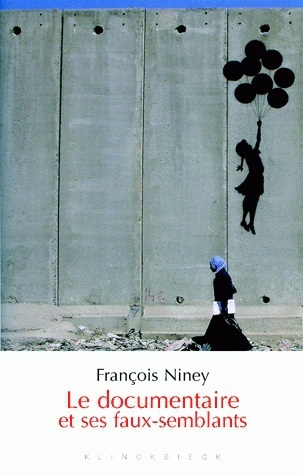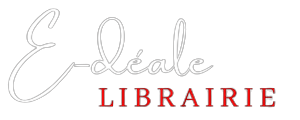Documentaries seem to be very fashionable these days, judging from their success at the most recent Cannes Film Festival. We have also been witnessing an explosion of "reality shows" on television, the so-called “documentary” TV series and the wave of “docu-fiction” programmes. In their effort to attract viewers, documentaries (or shows claiming to be such) have even started to be produced in the least likely place – in theatres.
Can this attraction be attributed to people's voyeuristic taste for the sensational or to the fact that documentaries cost less to produce than fictional shows do? Certainly not. Highly gifted filmmakers continue to turn out powerful shows that combine documentaries and fiction and reveal to us our perceptions and beliefs while also clarifying the world in which we live. Their innovative film techniques enable us to better distinguish between the respective impact of the two genres, to appreciate the skilful way in which they have been combined, and to recognise any attempt to deceive us.
François Niney, a philosopher, critic and professor in the field of cinematography (Femis, Paris 3 Sorbonne nouvelle, ÉNS, Sciences-po), is a member of Institut de recherche sur le cinéma et l'audiovisuel (IRCAV). The main thrust of his research is documentary films and the relations between reality and fiction, truth and editing, filming and history. He has penned numerous articles and publications, including L'Épreuve du réel à l'écran (De Boeck, 2002) and Le documentaire et ses faux-semblants (Klincksieck, 2009).
He also produces documentary films, such as Marcel Ophuls, parole et musique (in Veillées d'armes, DVD Arte Video, 2006).




